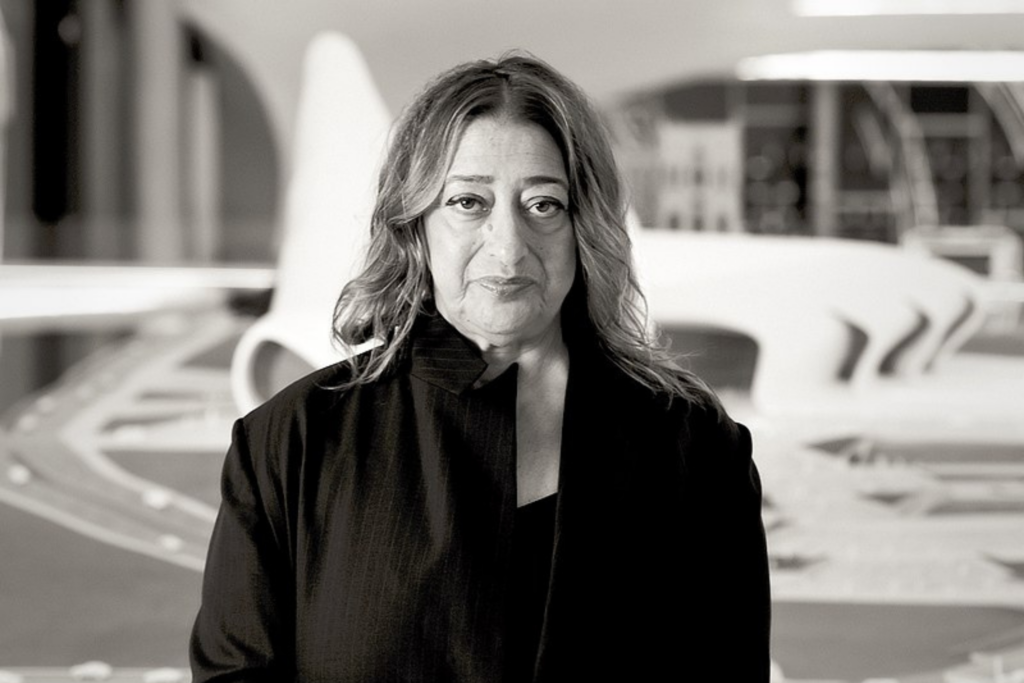
Women Who Transformed the World of Architecture
Breaking the Glass Ceiling
In the world of architecture, traditionally dominated by men, a handful of women have stood out, their journeys blending passion, perseverance, and a desire to redefine boundaries. These visionaries, through sheer dedication and overcoming countless obstacles, besides building groundbreaking spaces, have also paved the way for future generations.
This article celebrates five such inspirational women, whose contributions go beyond the physical structures they’ve created, embodying the essence of inspiration and relentless pursuit of excellence.
Zaha Hadid
Known for her radical deconstructivist designs, Zaha Hadid was the first woman to receive the prestigious Pritzker Architecture Prize in 2004. Born in Baghdad, Iraq, Hadid’s work is characterized by its futuristic shapes and powerful, curving forms of elongated structures. The London Aquatics Centre and the Heydar Aliyev Center in Azerbaijan stand as testaments to her genius, showcasing fluidity and dynamism that challenge traditional architectural paradigms.
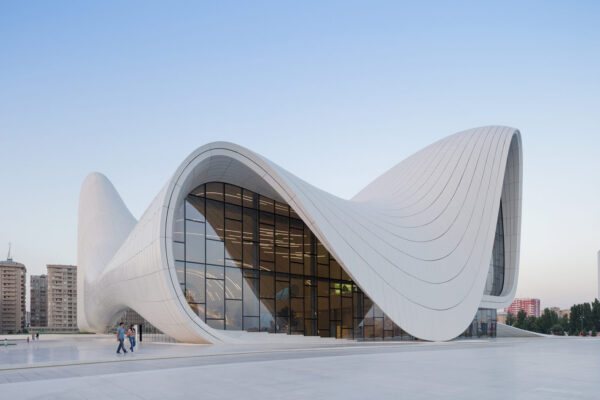
Julia Morgan
Julia Morgan was the first woman to obtain an architecture license in California and is perhaps best known for her work on Hearst Castle in San Simeon. With over 700 buildings to her name, Morgan’s legacy is profound, blending Arts and Crafts with Beaux-Arts. Her work emphasized craftsmanship and respect for materiality, leaving a lasting impact on American architecture.
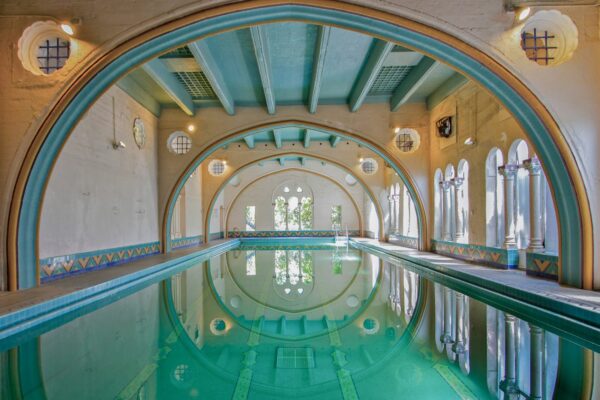
Kazuyo Sejima
Co-founder of the Tokyo-based SANAA (Sejima and Nishizawa and Associates), Kazuyo Sejima has redefined contemporary architecture with her minimalist designs that blend seamlessly into their environments. Awarded the Pritzker Prize in 2010 alongside partner Ryue Nishizawa, Sejima is recognized for her precise and innovative approach to glass, light, and space. The Rolex Learning Center in Switzerland and the Louvre-Lens in France exemplify her ability to create spaces that are at once expansive and intimate.
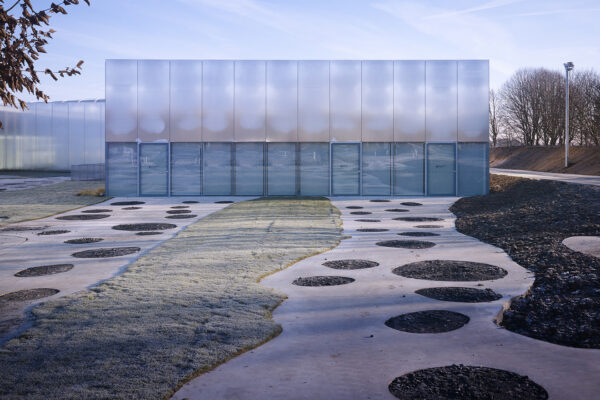
Lina Bo Bardi
Italian-Brazilian architect Lina Bo Bardi moved to Brazil in the late 1940s, where she embraced and was inspired by Brazilian culture. Her work, deeply rooted in Modernism, focuses on social and cultural values, with an emphasis on the inclusive use of space. The São Paulo Museum of Art (MASP) and the SESC Pompéia are iconic examples of her innovative approach to design and her commitment to creating spaces that foster community and cultural exchange.
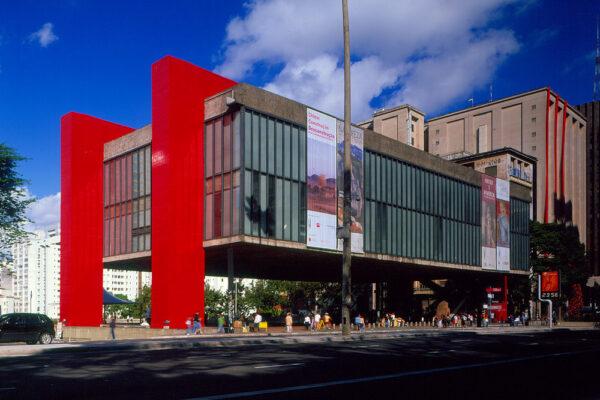
Jeanne Gang
Jeanne Gang is an American architect and the founder of Studio Gang, known for her environmentally sensitive and innovative designs. Her work often explores the relationship between individuals, communities, and environments. The Aqua Tower in Chicago, characterised by its undulating balconies, not only offers unique visual aesthetics but also enhances the building’s sustainability. Gang’s approach to design combines creativity with a strong commitment to social and environmental issues.

These women architects have shattered ceilings of glass and convention, proving that creativity and innovation know no gender. Their legacies, built from concrete, glass, and steel, serve as enduring inspirations for those who aspire to reshape the world through architecture.